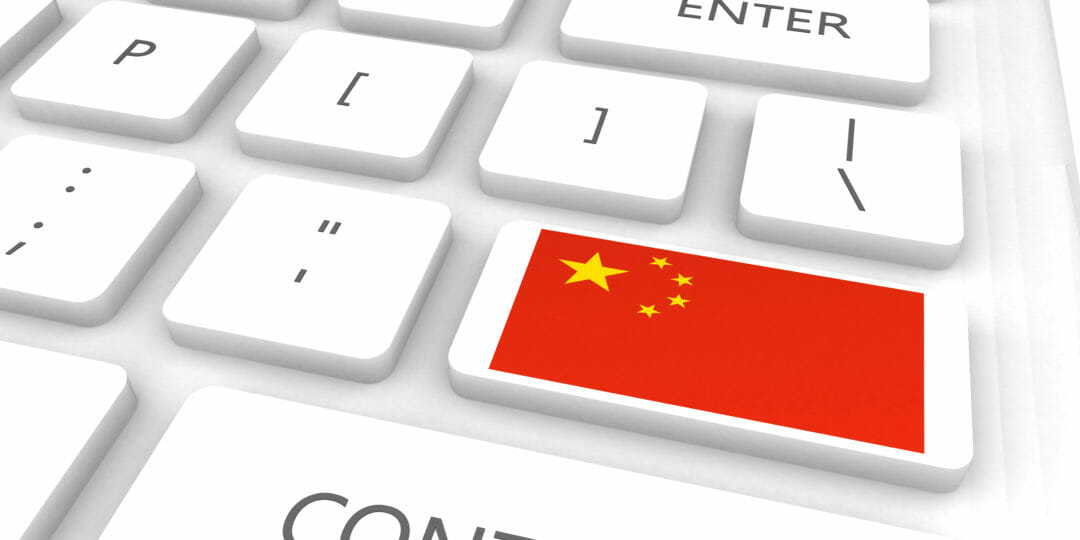Chinese vendors Huawei and ZTE “cannot be trusted to be free of foreign state influence and thus pose a security threat to the United States”, according to a US security committee draft report to be released today, news agency Reuters reports.
Reuters says that the US House of Representatives’ Intelligence Committee panel received "credible allegations" from unnamed industry experts and Huawei employees suggesting that the Huawei in particular may be guilty of bribery and corruption, discriminatory behaviour and copyright infringement.
The committee report faulted both Huawei and ZTE for failing to provide documents containing detailed information about formal relationships or regulatory interaction with Chinese authorities.
While other Chinese vendors may present a risk to US infrastructure, Beijing has the “means, opportunity and motive” to use Huawei and ZTE, the two largest Chinese-founded and owned companies seeking to market critical networking equipment in the US, for malicious purposes, the report says.
Interesting Links
The report, which has come after an 11-month investigation by the committee, calls for the two firms to be barred from any mergers and acquisitions in the US.
In September, Reuters reported that executives from the two Chinese vendors denied putting spy code in their telecommunications equipment they appeared in front of the House of Representatives Intelligence Committee at the time.
A Huawei spokesman told the panel in a written testimony that the company “would not jeopardize our global commercial success nor the integrity of our customers’ networks for any third party, government or otherwise”.
Both Huawei and ZTE have denied the allegations. Chinese foreign ministry spokesman Hong Lei has urged the United States to “set aside prejudices” when it deals with Huawei and ZTE, Reuters reported.
According to the news agency, ZTE released a copy of letter on Monday it sent to the committee after the September hearing, stating it “profoundly disagrees” that it is directed or controlled by the Chinese government.
On Monday, Huawei released a statement in response to the committee’s report, saying that the committee had "failed to provide clear information or evidence to substantiate the legitimacy of the Committee’s concerns".
"Over the past 11 months, Huawei has cooperated with the Committee in an open and transparent manner, and engaged in good faith interaction: our top management team carried out multiple rounds of face-to-face communication with the Committee members in Washington D.C., Hong Kong, and Shenzhen," the statement read.
"However, despite our best effort, the committee appears to have been committed to a predetermined outcome. Unfortunately, the Committee’s report not only ignore out proven track record of network security in the United States nad globally, but also paid no attention to the large amount of facts that we have provided," it read.
In the statement, Huwawei said that it would continue to provide its customers with "safe, convenient, and equal access to information and communication services".
In June, executives from Huawei and ZTE were sentenced to 10 years in jail in Algeria on charges of corruption. The two companies were banned from public sector contracts in the country and each fined 3 million Algerian dinar (£25,000).
In 2010 Motorola accused Huawei of conspiring with its own engineers to steal technology secrets over a 10-year period. The same year, the Indian government demanded that ZTE revealed who owned them, banning imports of their products until they do.







